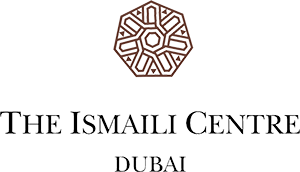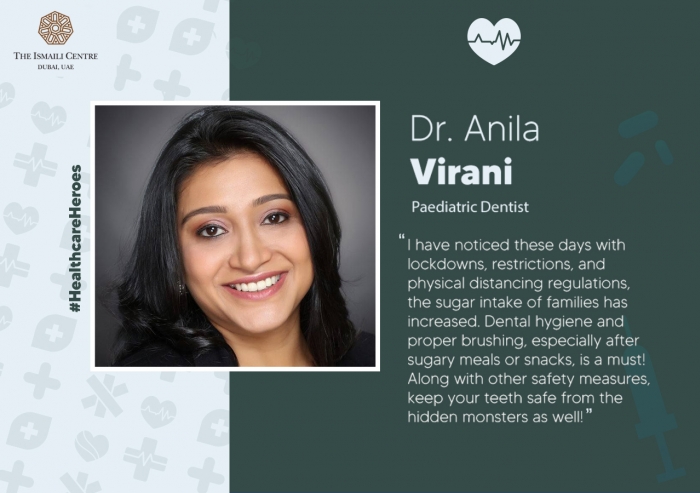Vitals:
Home City – Salamieh, Syria
Current City – Dubai, UAE
Profession – Consultant – Diabetes and Endocrinology
Education – Aleppo School of Medicine, MPhil and PhD in “Islet Transplantation and Stem Cell Therapy in Diabetes” at Newcastle University
Background:
Dr. Ali Aldibbiat was born in Salamieh, Syria where he grew up. He studied Medicine in the Aleppo School of Medicine and then moved to the United Kingdom (UK) to pursue postgraduate academic studies.
He completed an MPhil and PhD in “Islet Transplantation and Stem Cell Therapy in Diabetes” at Newcastle University and completed a specialty training programme in Diabetes and Endocrinology and Internal Medicine in North East England.
He currently works at Prime Hospital as a Consultant Endocrinologist and recently worked with Dasman Diabetes Institute in Kuwait as a Consultant in Diabetes and Endocrinology. He is also an Honorary Research Associate at the Institute of Cellular Medicine at Newcastle University and an external examiner for the postgraduate courses in Diabetes at the University of South Wales in the UK.
Role:
Dr. Aldibbiat cares for people with diabetes and diabetes-related complications. He is the lead consultant for diabetes technology including insulin pumps and artificial pancreas. He also provides national training for health care professionals on different topics including insulin pumps and advanced cardiac life support amongst others. His research is focused on cell replacement therapy and advanced technology solutions for diabetes
Since the COVID-19 crisis started, work was disrupted significantly with cancellation of all outpatient clinics and research activity, with focus shifting to the acute cases of COVID-19. There was a need to deal with diabetes patients’ routine care and the increased anxiety they had about the risk of COVID-19 to their health.
The severity of this disruption brought about an opportunity for innovation and embracing different approaches to work, which is exciting and challenging. Solutions such as telemedicine and telephone consultations are being used and Dr. Aldibbiat continues to provide care to his patients and to members of the community who are in need. He has also adapted the training he provides to doctors with the training required for a safe response to COVID-19.
Advice:
“Eat a balanced diet and try to achieve at least 30 minutes of exercise or more if your circumstances allow. If you feel unwell physically or mentally then please seek help early on. Problems tend to get worse if not attended to. Let us adopt and maintain good health habits that we can carry on even after the crisis is over.”








